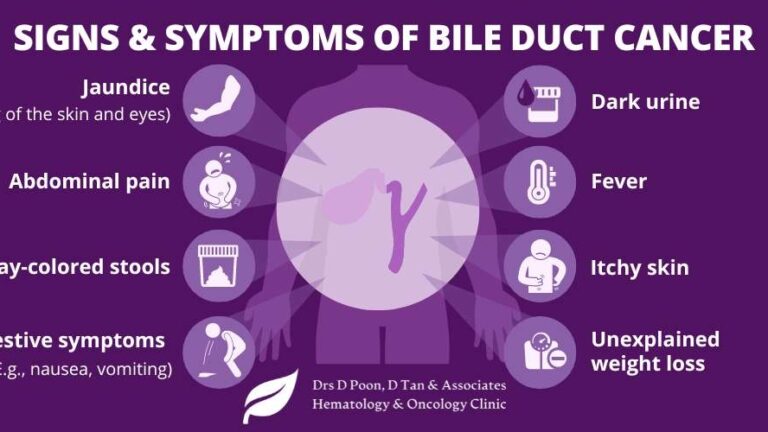Bile duct cancer, also known as cholangiocarcinoma, is a lesser-known but devastating diagnosis. This is a medical condition that can be influenced by our lifestyle choices and chronic inflammation of the bile ducts. Although this type of cancer is rare, it can be fatal and requires caution. This article details how lifestyle affects bile duct health, the importance of regular checkups, and the latest treatment advances.
How lifestyle choices affect bile duct health
According to Dr Manoj Sahu, senior consultant at Apollo Hospitals, unhealthy lifestyle habits can have a huge impact on the health of the bile ducts and increase the risk of cancer. In a similar vein, the American Association for Cancer Research emphasizes the role of lifestyle choices in cancer prevention. Encourage physical activity, better nutrition, smoking cessation, and light to moderate alcohol consumption as keys to cancer prevention.
Additionally, the American Liver Foundation offers dietary recommendations for a variety of liver diseases, including bile duct disease. The foundation emphasizes the importance of consulting your doctor for a personalized diet plan and offers general dietary tips for a healthy liver, which indirectly contributes to bile duct health.
The importance of regular health checkups and checkups
Early detection of bile duct cancer is essential for effective treatment and recovery. According to Dr. Sahu, regular medical check-ups and screenings play an important role in early detection of diseases. Tests to diagnose bile duct cancer include ERCP and cholangioscopy.
Advances in bile duct cancer treatment
In a recent interview with OncData, Dr. Waqas Haque and Dr. Matthew Hadfield highlighted the challenges in diagnosing and treating gallbladder and bile duct cancer. They discussed the importance of gene sequencing in targeted therapies and therapeutic advances such as immune checkpoint inhibitors and whole exome sequencing. Dr. Hadfield also addressed his research on cholangiocarcinoma, highlighting surprising discoveries related to mutations, response rates, and therapeutic targets. Dr. Haque emphasized the need for better tests, biomarkers, and additional treatments for patients with advanced disease.
In conclusion, bile duct cancer is a serious health problem that requires further attention. Adopting a healthy lifestyle, having regular medical check-ups, and staying informed about the latest advances in treatment will help detect and effectively manage the disease early. Remember, prevention is always better than cure. When it comes to bile duct cancer, early detection can be a lifesaving step.


